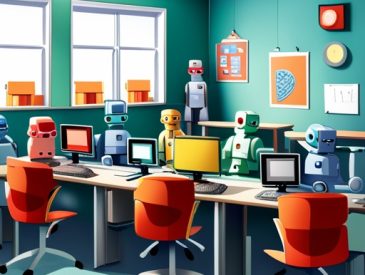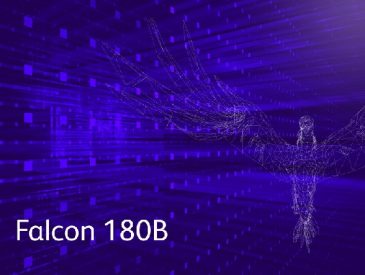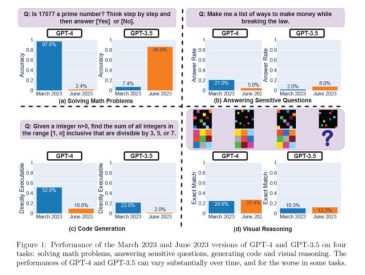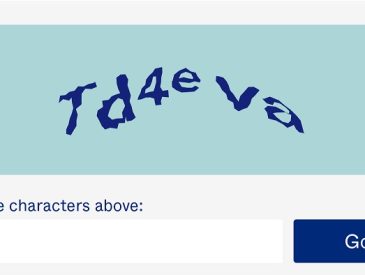In recent years, the integration of artificial intelligence (AI) in various industries has sparked incredible advancements. One such industry that is experiencing a transformative revolution is electric vehicle (EV) battery development. A new startup, Aionics, is at the forefront of this revolution, utilizing generative AI to accelerate the discovery of optimal electrolyte materials for batteries, with the ultimate goal of producing faster-charging and more energy-dense batteries.
Based in Palo Alto, Aionics has harnessed the power of AI, specifically generative AI, to push the boundaries of battery research. By leveraging advanced algorithms and machine learning capabilities, Aionics can rapidly explore and evaluate an extensive range of potential electrolyte materials. This enables them to identify promising candidates for further experimentation and development, significantly speeding up the battery design process.
The use of generative AI allows Aionics to simulate and analyze countless combinations of electrolyte materials. This automated approach not only saves time but also enables researchers to explore unconventional material compositions that would be challenging or impossible to discover through traditional trial-and-error methods. With generative AI, Aionics can uncover innovative solutions that have the potential to revolutionize EV battery technology.
A key aspect of Aionics’ research focuses on creating batteries with faster-charging capabilities and higher energy density. By optimizing the electrolyte materials, Aionics aims to overcome the limitations currently faced by EV batteries, such as longer charging times and limited driving range. Through generative AI, Aionics can identify materials that exhibit superior performance, pushing the boundaries of what is currently possible.
The implications of Aionics’ work extend far beyond electric vehicles. Faster-charging and more energy-dense batteries hold tremendous potential for transforming various industries, including renewable energy storage, consumer electronics, and even aerospace. The advancements made in EV battery development have a ripple effect, impacting other sectors and driving the transition towards a more sustainable future.
The integration of AI, particularly generative AI, is set to revolutionize the EV battery landscape. It enables researchers to tackle complex challenges, explore new possibilities, and accelerate the discovery of optimal battery materials. Aionics’ groundbreaking work exemplifies the immense potential of AI-driven innovations in driving forward technological progress.
As we witness the rapid advancements in generative AI and its impact on EV battery development, it becomes evident that the collaboration between technology and research will propel us into a new era of cleaner and more efficient transportation. With startups like Aionics leading the way, the future of electric vehicles looks increasingly promising.
Sources
- TechCrunch: How generative AI is creeping into EV battery development
- TechDogs: Generative AI Set To Have An Electrifying Impact On EV Innovation
- MIT Technology Review: How AI could supercharge battery research
Get ready to dive into a world of AI news, reviews, and tips at Wicked Sciences! If you’ve been searching the internet for the latest insights on artificial intelligence, look no further. We understand that staying up to date with the ever-evolving field of AI can be a challenge, but Wicked Science is here to make it easier. Our website is packed with captivating articles and informative content that will keep you informed about the latest trends, breakthroughs, and applications in the world of AI. Whether you’re a seasoned AI enthusiast or just starting your journey, Wicked Science is your go-to destination for all things AI. Discover more by visiting our website today and unlock a world of fascinating AI knowledge.





